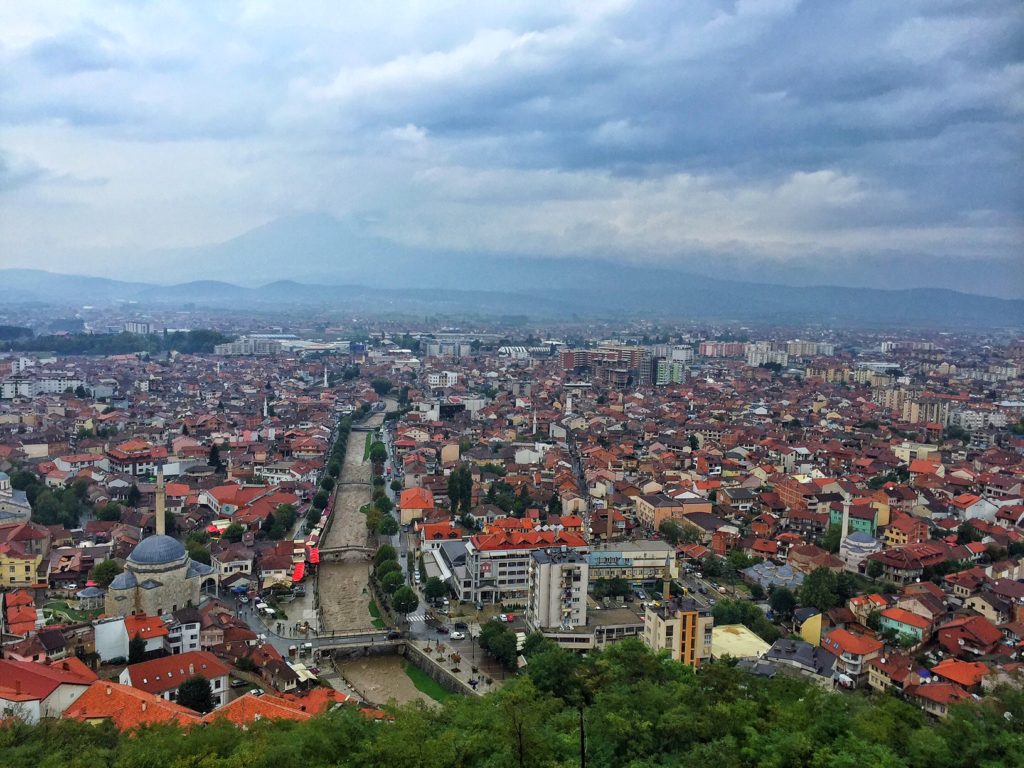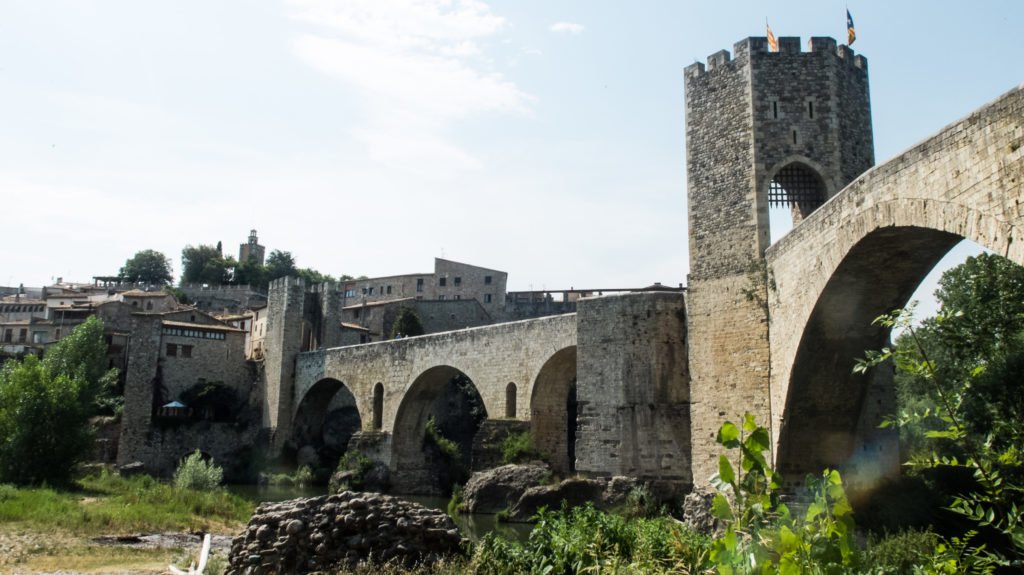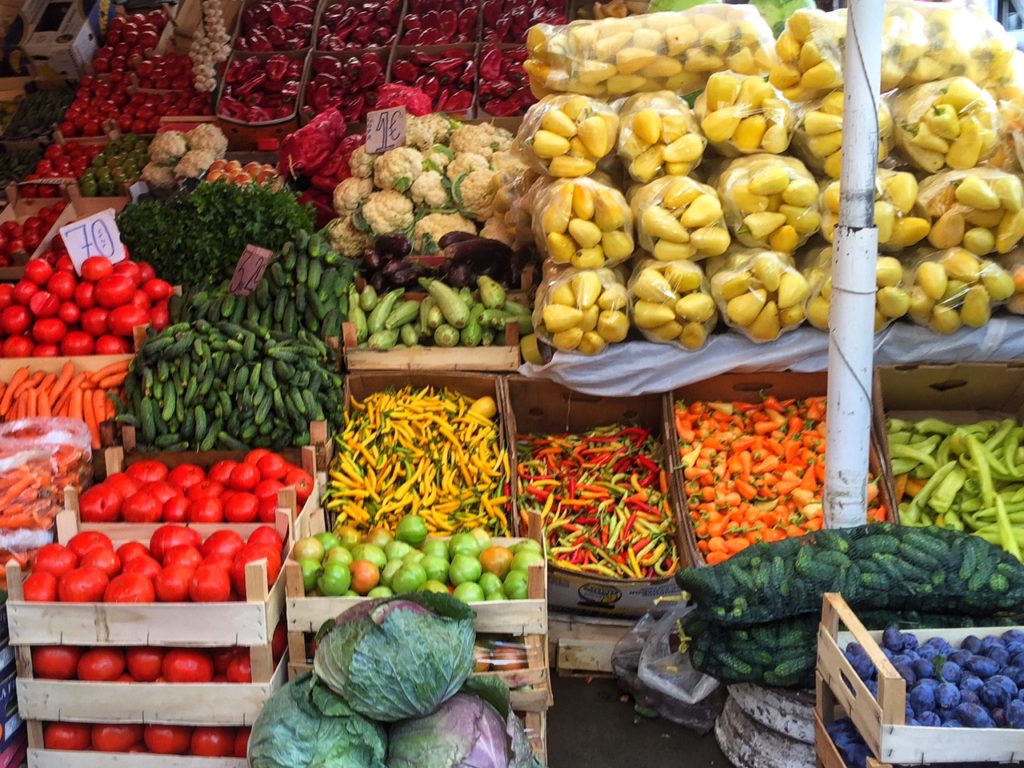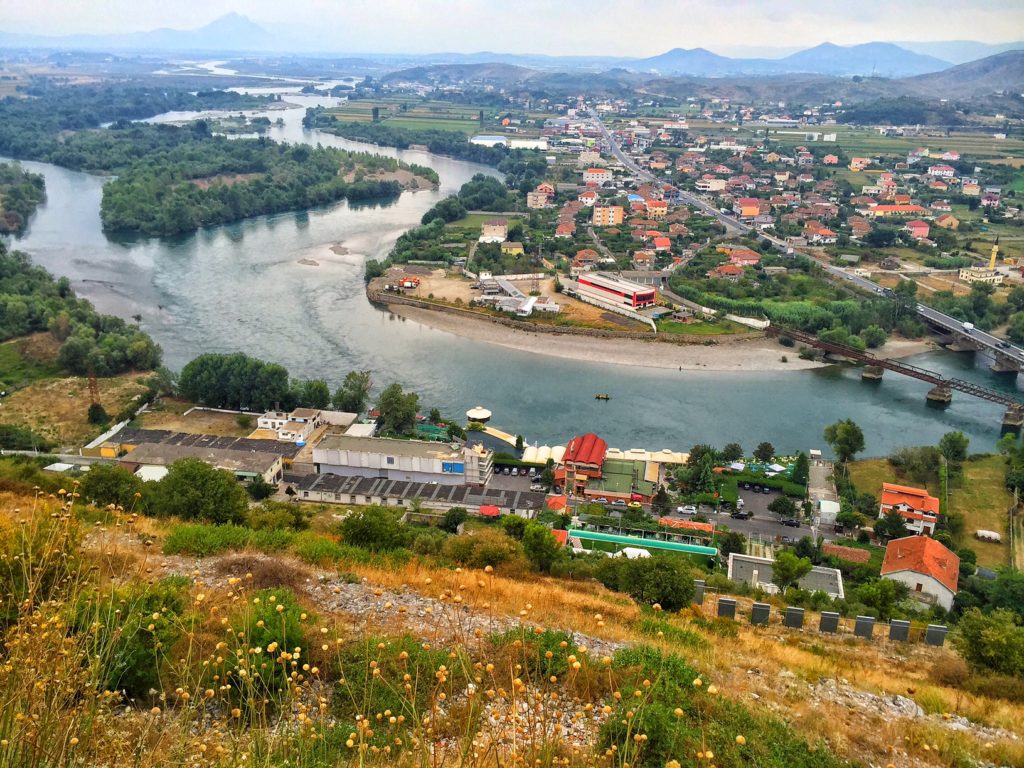The art of losing isn’t hard to master;
so many things seem filled with the intent
to be lost that their loss is no disaster.
When my entire life fits into a backpack, I notice everything that disappears. A phone charger left behind one hungover morning, a razor left in a hostel shower, a favorite pair of headphones tucked between the seats of a bus and forgotten in a hurry. Each loss is acutely felt. At first, I get annoyed with myself, cursing myself for another five or ten unnecessary dollars spent, thinking of how that could buy me another beachside beer or roadside dinner. Then I give in and accept the transitory nature of things. After all, the audacity of thinking we can own things is the root of all suffering.

Lose something every day. Accept the fluster
of lost door keys, the hour badly spent.
The art of losing isn’t hard to master.
Soon, I accept the transitory nature of time, too. I get hopelessly lost and amble through a city with no street signs, backpack straps cutting into my shoulders. I wait at a bus station that I’m not sure is a bus station but I’m told is a bus station. One time I find myself on a bus stopped on a Montenegrin highway for five hours for no discernible reason. At times like these, I feel a flash of anger materialize as a red flush in my cheeks. And then I breathe out, cool and blue.

Then practice losing farther, losing faster:
places, and names, and where it was you meant
to travel. None of these will bring disaster.
Half the names I’m told leave my mind before I’ve even had a chance to make an effort to remember them. People’s stories will run together: this one (what’s Canada’s name again?) quit their job to work on an organic farm in Thailand, or was it become a yoga teacher in India, or an English teacher in Korea? I answer the same three questions over and over again. I recite the list of places I’ve been over and over again. I have no idea where I’m going, over and over again. I’m from California, over and over again. Next. Each time, the conversation means a little less than before. But I still feel a wash of warmth come over me each time, the pleasant buzz of a temporary connection.

I lost my mother’s watch. And look! my last, or
next-to-last, of three loved houses went.
The art of losing isn’t hard to master.
But eventually all the losing gets to me. I miss the most mundane of things: the way my own duvet feels against bare skin, how easily my stove lights, how easy it is to buy groceries in my own language. Sometimes I find myself standing outside of a KFC staring in, basking in the red glow, imagining ordering a bucket of chicken thighs. I haven’t eaten there in five or maybe ten years but it still feels so damn familiar, like a distant relative’s home.

I lost two cities, lovely ones. And, vaster,
some realms I owned, two rivers, a continent.
I miss them, but it wasn’t a disaster.
Then there’s the gut punch feeling when you leave a place or a person you weren’t ready to leave. Even though I have no onward ticket, no external thing pushing me forward, my own feet move me forward, often in spite of myself. After all, what if the next place is better? I can always go back.

—Even losing you (the joking voice, a gesture
I love) I shan’t have lied. It’s evident
the art of losing’s not too hard to master
though it may look like (Write it!) like disaster.
And then there’s the suspicion you begin to have that home is wherever you aren’t. There’s the paradox that even though you’re seeing more of the world than any sane person can ever hope to see, you’re still acutely aware of how much you’ll never experience. There’s the realization that even though you may tell yourself — “I can always go back” — you can’t always do that. Because your obsession with not losing this one chance you have to live will once again draw you inexorably towards the unseen.
Note: Poem by Elizabeth Bishop, “One Art”
Allison Green is a former teacher who has been travel blogging since 2016. She has a Masters in Teaching and a B.A. in English and Creative Writing. Her blog posts merge her background as an educator with her experience traveling to 70+ countries to encourage ethical, meaningful travel. She has been a speaker at the World Travel Writers Conference and her writing, photography, and podcasting work has appeared in National Geographic, CNN Arabic, CBC Canada, and Forbes, amongst others. Now a full-time traveler, she has lived in Prague, Sofia, New York City, and the San Francisco Bay Area.
It’s so true, but in many ways it mimics life. The wheels keep on turning we go onwards.
Very true! This poem has long been a favorite of mine for exactly that reason. <3
This is a lovely sentiment. I think you’ve really touched upon the factors that make travel such a joy – even though some of them can seem really frustrating at first glance!
Thanks so much LC, I’m glad you can relate! It is a true balancing act and I think the frustration and, at times, pain are what balance out all the joy and bring it into focus.